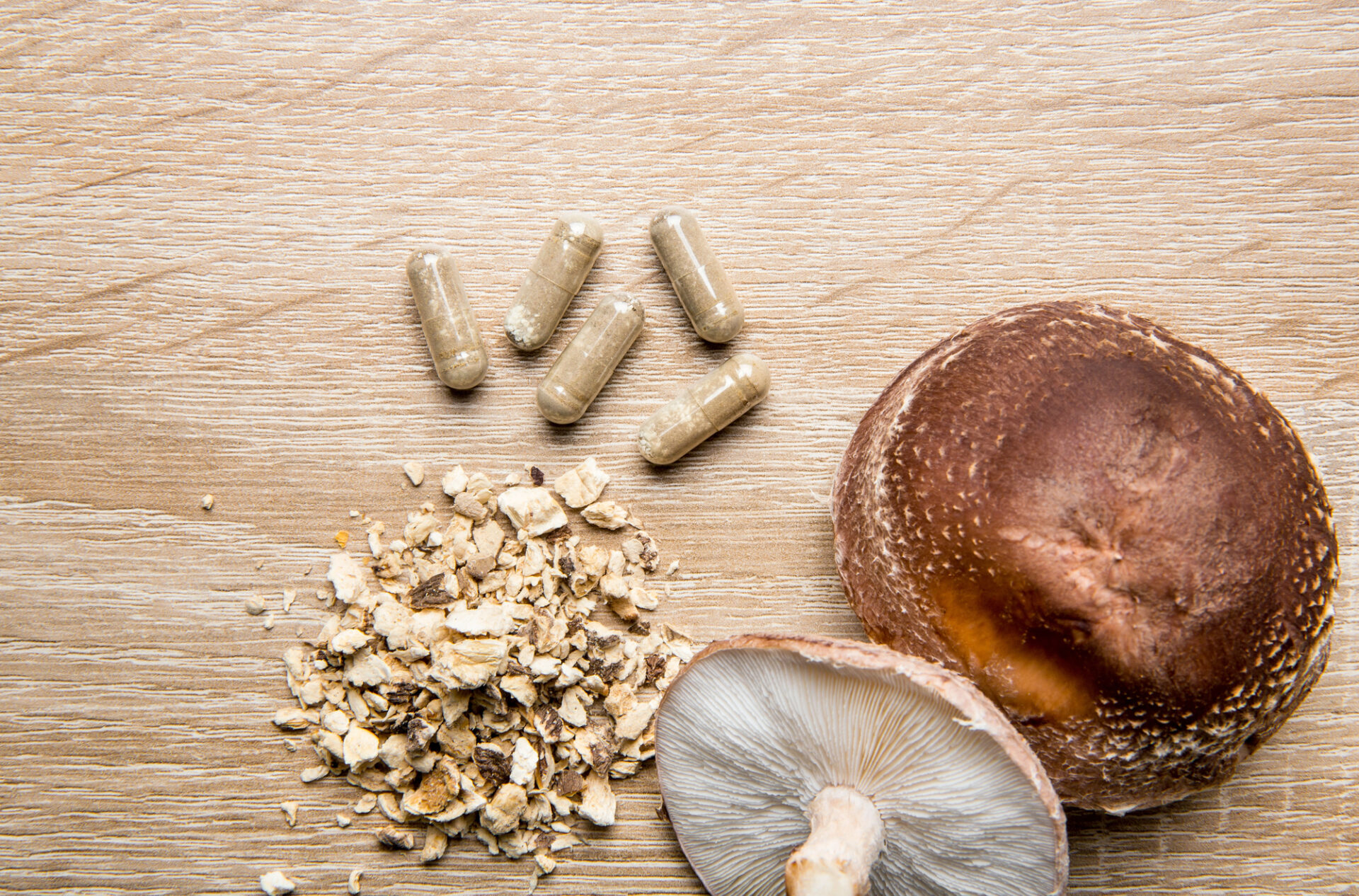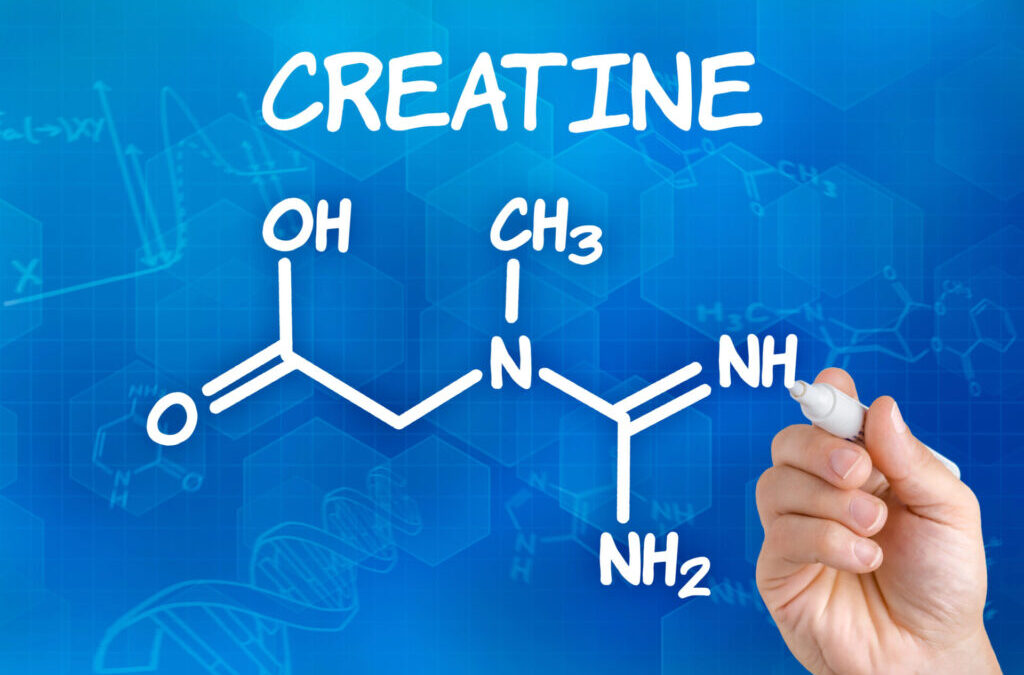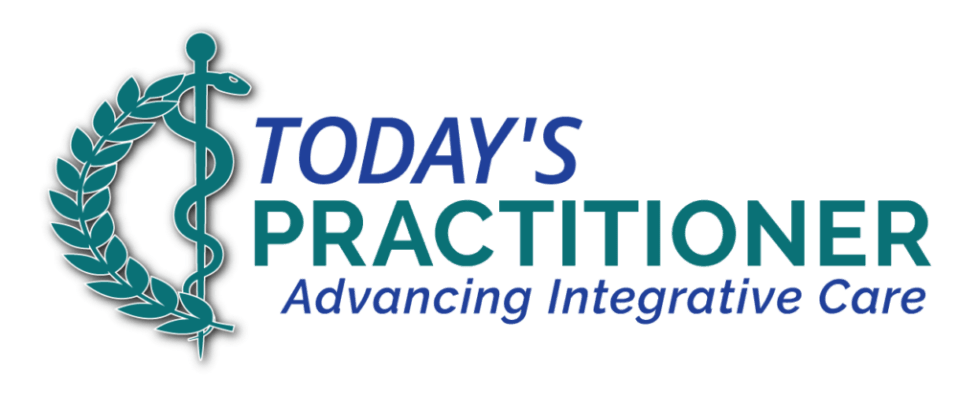AHCC and Immunity: Evidence-Based Insights into Comprehensive Immune Support

AHCC and Immunity: Evidence-Based Insights into Comprehensive Immune Support
From infection protection to disease prevention—how this shiitake mushroom extract offers comprehensive immune support for all your patients.
For centuries, shiitake (Lentinula edodes) mushrooms have been a cornerstone of traditional medicine, valued for their ability to promote immunity, vitality and longevity. AHCC (active hexose correlated compound), a standardized extract derived from the mycelia of shiitake mushrooms, bridges historical wisdom and modern science for a comprehensive, evidence-based approach to immune support.
AHCC’s antioxidant and anti-inflammatory effects maintain healthy immunity, and research suggests AHCC supplementation further supports the body’s own natural antioxidant enzyme systems, restoring levels of glutathione peroxidase and glutathione reductase in conditions where they’ve been disrupted, neutralizing ROS and protecting cells from oxidative damage. Additionally, AHCC directly impacts the immune system through interacting with toll-like receptors and various signaling pathways in the gut and influencing the release of immune messengers. Alpha-glucans and oligosaccharides in AHCC also act as prebiotics, encouraging beneficial microbes, reducing harmful strains and promoting microbial diversity.
Other research confirms AHCC’s activities in regulating physiological stress response and minimize the immune-suppressing effects of chronic stress. AHCC is known to modulate the autonomic nervous system, increasing parasympathetic activity and reducing the negative consequences of both short-term and long-term stress. In studies of people experiencing chronic mental stress, AHCC enhanced sleep, improved resilience and hastened recovery from fatigue, compared to a control group. AHCC’s ability to preserve antioxidant status also offsets decreases in plasma concentrations of antioxidants, increased ROS production and impaired immune response associated with pervasive stress.
AHCC’s antioxidant and anti-inflammatory effects maintain healthy immunity, and research suggests AHCC supplementation further supports the body’s own natural antioxidant enzyme systems, restoring levels of glutathione peroxidase and glutathione reductase in conditions where they’ve been disrupted, neutralizing ROS and protecting cells from oxidative damage. Additionally, AHCC directly impacts the immune system through interacting with toll-like receptors and various signaling pathways in the gut and influencing the release of immune messengers. Alpha-glucans and oligosaccharides in AHCC also act as prebiotics, encouraging beneficial microbes, reducing harmful strains and promoting microbial diversity.
Other research confirms AHCC’s activities in regulating physiological stress response and minimize the immune-suppressing effects of chronic stress. AHCC is known to modulate the autonomic nervous system, increasing parasympathetic activity and reducing the negative consequences of both short-term and long-term stress. In studies of people experiencing chronic mental stress, AHCC enhanced sleep, improved resilience and hastened recovery from fatigue, compared to a control group. AHCC’s ability to preserve antioxidant status also offsets decreases in plasma concentrations of antioxidants, increased ROS production and impaired immune response associated with pervasive stress.
Cancer treatment and protection.
A growing body of research points to multiple roles of alpha-glucans in cancer, with studies suggesting AHCC not only augments the effects of chemotherapy and minimizes adverse reactions but also inhibits tumor development and progression and improves survival rates in cancer patients.
As an adjunct intervention in conventional cancer treatment, AHCC supports immunity during chemotherapy, maintaining or increasing immune cell counts and potentiating the anti-tumor activities of cancer treatment drugs. In a number of studies, AHCC supplementation was associated with lower toxicities, significantly fewer adverse events and taste disorders, and patients who received AHCC along with cancer treatment drugs experienced greater tolerability and higher quality of life scores.
Other research suggests AHCC has anti-cancer properties of its own. AHCC has been shown to enhance immune surveillance and amplify the body’s ability to fight cancer cells, and in animal models, AHCC delayed tumor development, induce apoptotic pathways in cancer cells, reduced tumor size and inhibited the growth of certain cancers. Additionally, in human trials, AHCC supplementation improved long-term immune health of cancer patients, lengthened time to recurrence, slowed the gradual decline of physiological status and increased overall survival rates.
Viral infections.
Numerous studies demonstrate AHCC’s ability to modulate immunity, hinder the infectious process, decrease the risk of viral infection and alleviate symptoms of existing infections. Research shows AHCC inhibits viral replication and activates immune response against a range of viruses, including West Nile virus, influenza and avian flu. AHCC treatment may also promote the production of antibodies, important for preserving immunity and preventing re-infection.
In studies, AHCC treatment was linked with decreased severity and shorter duration of influenza symptoms in healthy adults. AHCC has been shown to boost NK activity and numbers, reduce the infiltration of lymphocytes and macrophages and lessen the severity of influenza infection. In some research, certain effects of AHCC, including NK cell count, T cell responses and overall immune competence, continued after the cessation of treatment, compared to placebo groups that experienced a decline in the same effects.
AHCC appears to be especially promising for addressing persistent, hard-to-treat infections like hepatitis C and HPV. In trials of patients with chronic hepatitis C, AHCC supplementation improved immune function, reduced viral load, lowered the incidence of viral persistence and slowed the progression of liver disease. In one study of patients with chronic high-risk HPV, nearly 64 percent had confirmed viral clearance after six months of AHCC treatment. AHCC is also being investigated for its therapeutic application against other viral pathogens, including herpes simplex and cytomegalovirus, and emerging research points to a potential role for AHCC in promoting resistance to SARS-CoV-2 infection.
Aging and chronic disease.
Immunosenescence, the age-related decline in immune system function, is strongly implicated in a range of serious conditions, including cancers, cardiovascular disease and neurodegenerative disorders. This dysfunctional state of the immune system, accompanied by higher levels of inflammation, increased oxidative stress and cellular senescence, diminishes resistance to infection and escalates susceptibility to diseases of aging. Alpha-glucans from mushrooms are known to play multiple roles in chronic illness, with research suggesting AHCC supplementation delays declines in immunity and lowers the risk of cardiovascular diseases, metabolic disorders, neurogenerative disease and other conditions associated with aging, inflammation and oxidative stress.
AHCC’s ability to modulate inflammation may also arrest chronic, low-grade inflammation during aging—inflammaging—a prominent factor in age-related morbidity, disability and frailty. In studies, AHCC significantly affected markers of inflammation, dramatically reducing the expression of pro-inflammatory cytokines, minimizing inflammatory status and improving immune response. As a potent antioxidant, AHCC has been shown to decrease markers of cellular and DNA damage, highlighting its therapeutic value for protecting against oxidative stress-induced disorders.
Other research suggests AHCC’s promise in addressing immunosenescence. In human trials, AHCC stimulated T cell function in adults over the age of 50, enhancing CD4(+) and CD8(+) T cell responses, with results persisting up to 30 days after discontinuing treatment. In another study, healthy adults with an average age of 60 years old who received AHCC supplementation showed significantly higher levels and increased function of dendritic cells compared to a control group. Additionally, scores of immunological vigor—measures of total immune competence—were maintained in the AHCC group, while those measures decreased in the placebo group.
Shared with permission from Rob Lutz at TodaysPractitioner.com About Rob: Rob Lutz is the founder, editorial director and publisher of Today’s Practitioner serving the growing integrative medical community with relevant and timely evidence-based information to make your medical practice thrive. He brings more than 20 years of experience successfully launching and managing educational media products, publications, conferences and websites related to integrative medicine, dietary supplements, and the wellness consumer.
Recent Articles

Creatine and Cognition: Is There Benefit for Alzheimer’s Disease?
Source: Today’s PractitionerThe Creatine to Augment Bioenergetics in Alzheimer’s (CABA) trial is a single-arm pilot trial published in Alzheimer’s & Dementia Translational Research & Clinical Interventions. Twenty patients meeting the McKhann criteria for...
© 2024 Doctors Supplement Store | Privacy Statement | Contact Us



